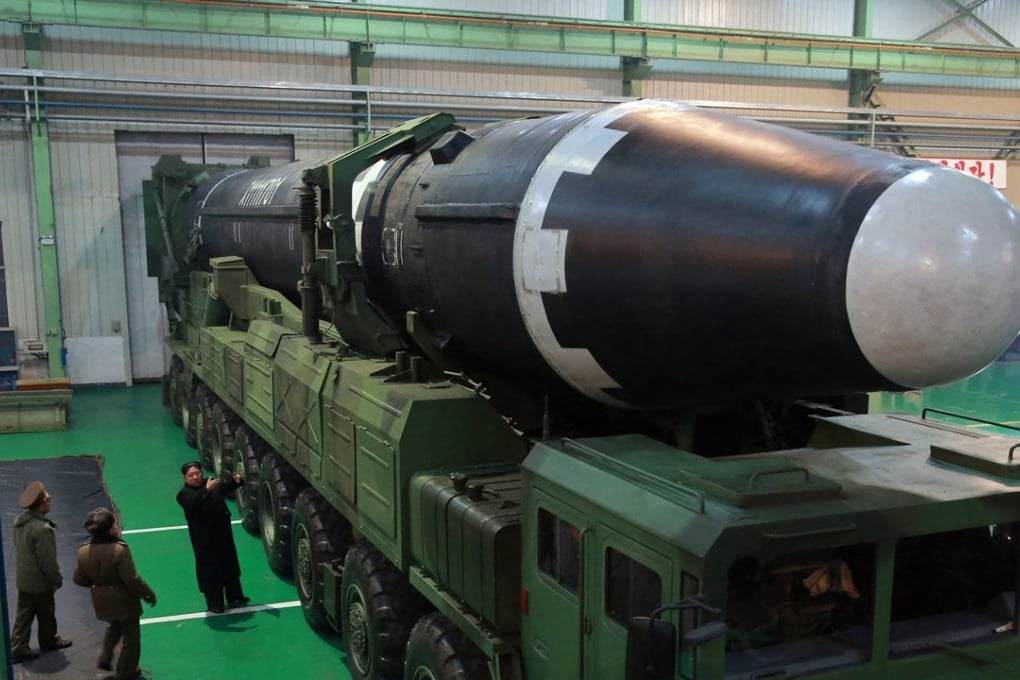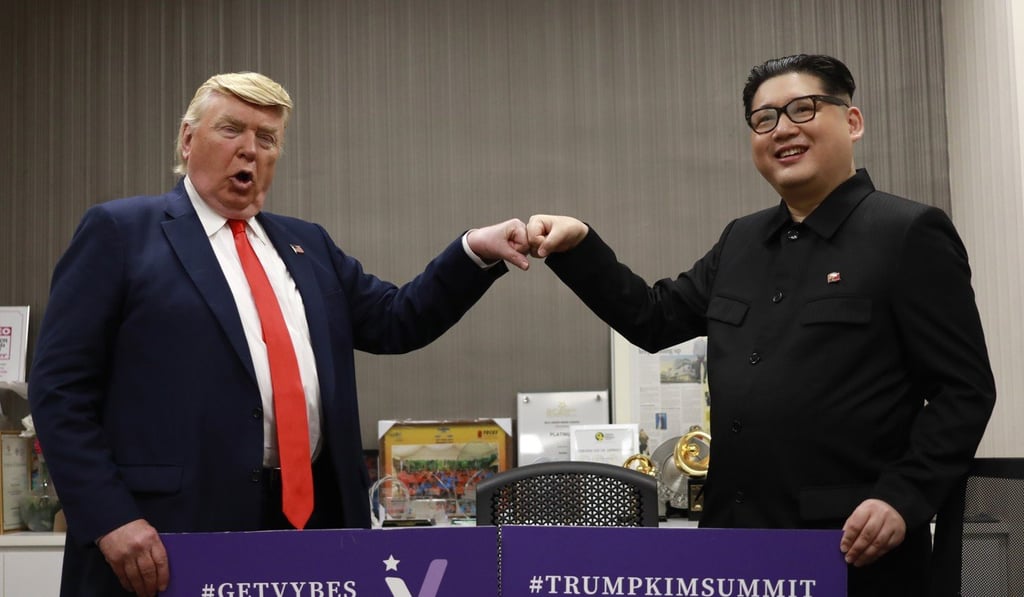Advertisement
Six months after Trump and Kim shook hands, denuclearisation a distant hope
- There were big promises when the leaders of the US and North Korea met in Singapore, yet Pyongyang still seems no closer to ditching the nukes. Is it taking inspiration from India?
Reading Time:4 minutes
Why you can trust SCMP

Within days of meeting Kim Jong-un at a historic summit in Singapore this year, US President Donald Trump claimed the problem of North Korea’s nuclear weapons had been “largely solved”.
“We signed a very good document,” Trump said, referring to a vaguely worded agreement with the North Korean leader to “work towards complete denuclearisation of the Korean peninsula”.
“But more importantly than the document, I have a good relationship with Kim Jong-un. We have a great chemistry together.”
Advertisement
Almost six months later, Pyongyang has taken few concrete steps towards dismantling its illicit nuclear weapons or missile programmes, and has yet to produce a road map or timetable for denuclearisation. Officially, the White House maintains that it expects nothing short of “complete, verifiable and irreversible denuclearisation” from the isolated country, which analysts widely believe is now capable of attacking the US with a nuclear warhead. But with Trump now saying a second meeting with Kim is likely early next year, many observers are asking what, if anything, the June 12 summit actually achieved.

Advertisement
“North Korea has already got its nuclear and missile programmes to an advanced state, secured multiple summits without making any real commitments, maintained the support of key regional actors, and largely appeared to be the one acting in good faith in the global public narrative,” said Mintaro Oba, a State Department official during the Obama era.
Advertisement
Select Voice
Select Speed
1.00x